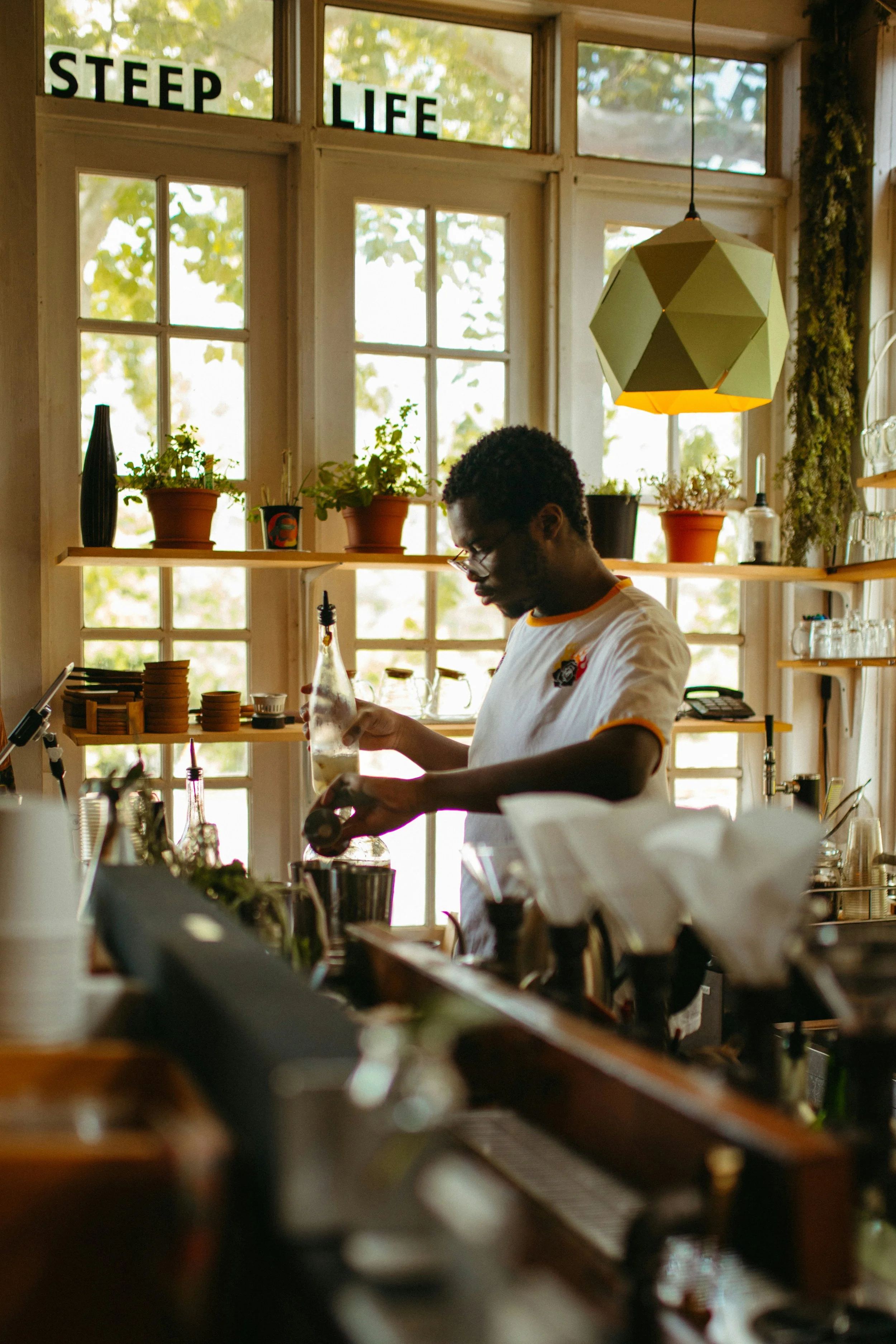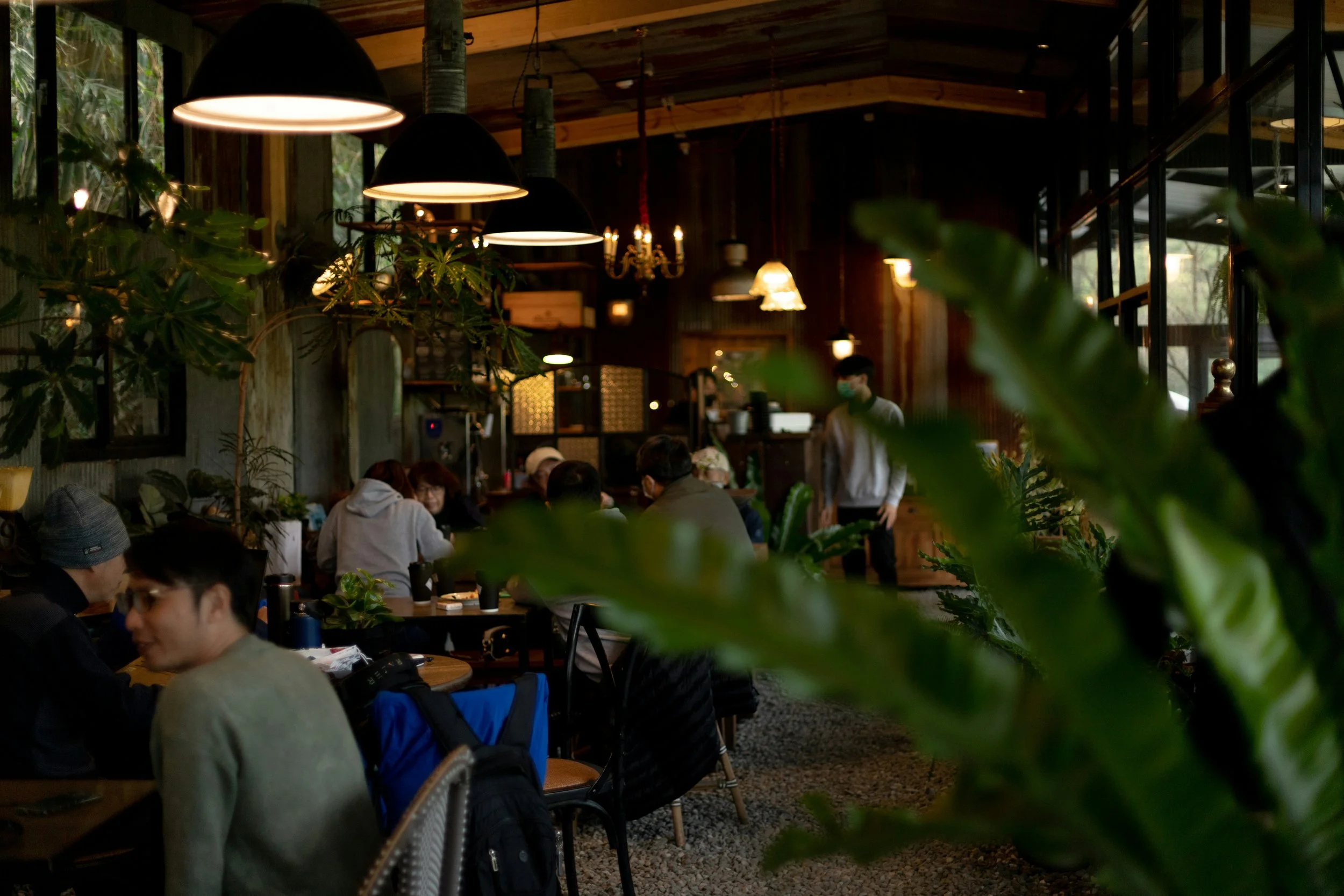How Cafés Helped Shape World History
When we think of revolutions, we imagine battlefields, fiery speeches, and crowds in the streets. But in the 17th and 18th centuries, some of the most transformative uprisings began over cups of coffee.
Coffeehouses across Europe and the Americas weren’t just cozy spaces for caffeine lovers. They were electric centers of thought, where ideas brewed stronger than the coffee. These spaces became melting pots of philosophy, protest, science, satire, and even espionage. For the price of a cup, anyone, either rich or poor, educated or not, could sit at a table and talk politics, challenge the elite, or plan the next big movement.
“Coffee is the common man’s gold, and like gold, it brings to every man the feeling of luxury and nobility.”
– Sheik Abd-al-Kadir, 16th century Arab mystic
France: The Enlightenment in a Cup
In 18th-century Paris, cafés were buzzing with more than gossip. Intellectuals like Voltaire, Jean-Jacques Rousseau, and Denis Diderot made places like Café de Procope their second home. These thinkers laid the groundwork for the Enlightenment.
Voltaire reportedly drank up to 50 cups of coffee a day, often mixed with chocolate, as he scribbled ideas about civil liberties and reason. Diderot worked on the Encyclopédie, a radical publication that challenged traditional authority and helped democratize knowledge (much of it edited and debated inside cafés).
“The café is the people’s parliament.”
– Honoré de Balzac
These Parisian cafés gave rise to revolutionary thought, allowing conversation and dissent to ferment in public, shaping the ideals that would later fuel the French Revolution.
England: Penny Universities and Political Storms
Meanwhile in England, coffeehouses were so intellectually rich they were nicknamed “penny universities.” For the price of a single penny (the cost of a cup), people from all walks of life could debate with scholars, read the latest pamphlets, or even listen to poets recite their work.
Scientists like Isaac Newton, writers like Jonathan Swift, and thinkers from the Royal Society gathered at places like The Grecian Coffee House in London. Political and scientific discussion was so vibrant that King Charles II grew nervous.
In 1675, he attempted to shut down all coffeehouses, citing them as breeding grounds for “false news and idle gossip.” The public response was so fierce, the ban lasted only 11 days.
“A coffeehouse is a layman’s pulpit. It is the only place where a man may speak his mind freely on all public affairs.”
– 17th-century London pamphlet
The Ottoman Empire: Brewing Rebellion in Istanbul
Even earlier, in the 16th-century Ottoman Empire, coffeehouses in Istanbul sparked concern among authorities. These establishments brought together scholars, poets, merchants, and rebels alike. Coffeehouses were seen as threats to social order because they encouraged open debate and criticism of the state. At various points, sultans attempted to ban them and made the offense punishable by beatings or even death.
Despite the risk, the cafés flourished. Coffee became a symbol of autonomy, and the conversation inside those dimly lit rooms often foreshadowed cultural and political shifts across the Islamic world.
Colonial America: The Roast of Rebellion
Across the Atlantic, American patriots found their own meeting places in taverns and coffeehouses. In Boston, the Green Dragon Tavern was a favorite haunt of Samuel Adams, Paul Revere, and other Sons of Liberty. From that smoky room, plans were hatched for the Boston Tea Party, where colonists dumped British tea into the harbor in protest of unjust taxation.
In the wake of that event, coffee became a symbol of resistance. Drinking coffee instead of tea became a patriotic act, rejecting British control and embracing a new American identity.
“Coffee is the favorite drink of the civilized world.”
– Thomas Jefferson
Vienna: Strategy and Strudel
After the Battle of Vienna in 1683, when the Ottoman Turks retreated, they left behind sacks of coffee. A Polish spy named Jerzy Franciszek Kulczycki, who had helped the city, opened Vienna’s first coffeehouse with this abandoned supply. From there, Vienna’s café culture exploded and so did its role as a center for diplomacy, politics, and intellectualism, especially leading into the 19th century.
Revolution in the Cup: Why Coffee?
So why coffee? Unlike alcohol, coffee sharpens the mind. It awakens, energizes, and invites discussion. Its very nature promotes clarity, curiosity, and camaraderie. And perhaps that’s what made it so powerful… it doesn’t dull you, but sparks something instead.
Coffeehouses weren’t just places to refuel. They were democratic spaces long before the term was fashionable, coffee shops were accessible, egalitarian, and dangerous to those in power.
“The best ideas start with coffee and a question.”
A Legacy That Lingers
Today, when you sit in a café with a notebook or laptop, sharing ideas with a friend or stranger, you're part of a centuries-old tradition. You’re part of a ritual of revolution, thought, and transformation. You're sipping from the same stream that once fed revolutions, scientific breakthroughs, and bold new art forms.
Who knows? The next big idea might just be sitting beside you, waiting to be stirred.
See you at the coffee shop (;
-Zoé & the Greenhaus Team


